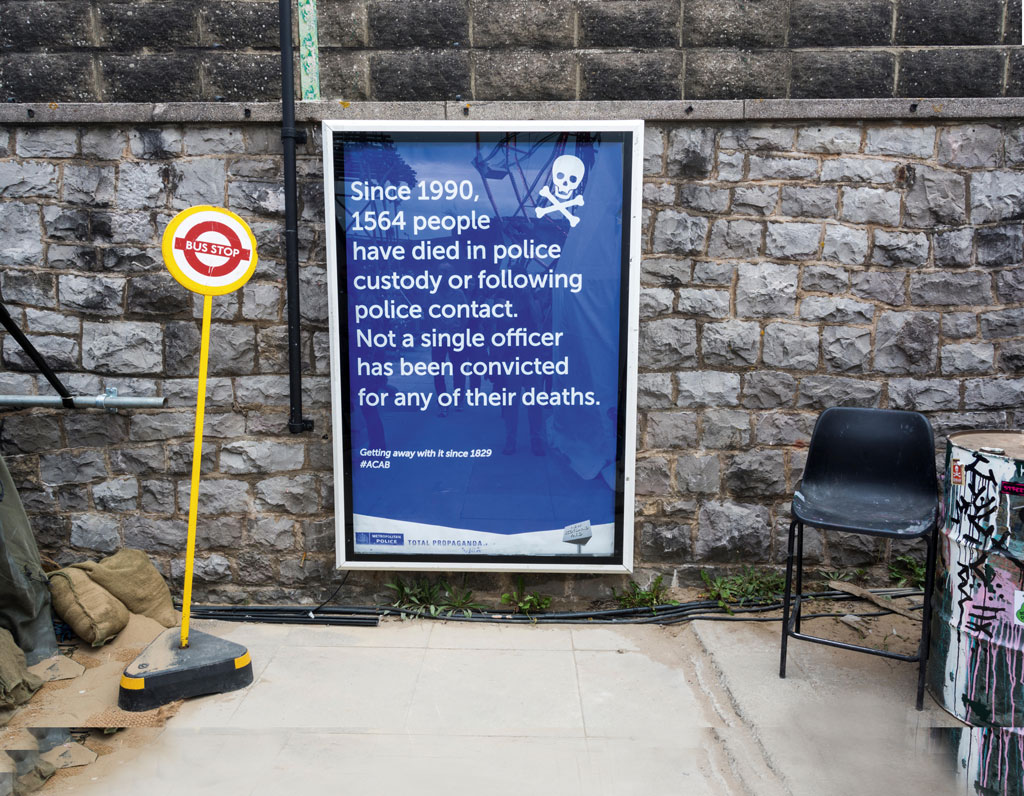
The Government should heed calls to make legal aid available for bereaved families at inquests, says Jon Robins
The former Bishop of Liverpool pulled no punches when he published his review of the Hillsborough football stadium disaster earlier this month under the unequivocal if slightly unwieldy title: ‘The patronising disposition of unaccountable power’.
Margaret Aspinall, who lost her 18-year-old son James was killed in the tragedy, welcomed the Right Reverend James Jones’s 122-page report which had 25 recommendations including making legal aid available for bereaved families at inquests. ‘Implementing these reforms will mean that the Grenfell families and others will never have to go through what we did, and we hope they will get justice and accountability for the deaths of their loved ones. For us, this is the legacy of the 96 people who died, that changes will be made for the future good of the country,’ she said.
The Bishop also stressed the importance that the families and loved ones of the 96 fans who died attached to ensuring others









